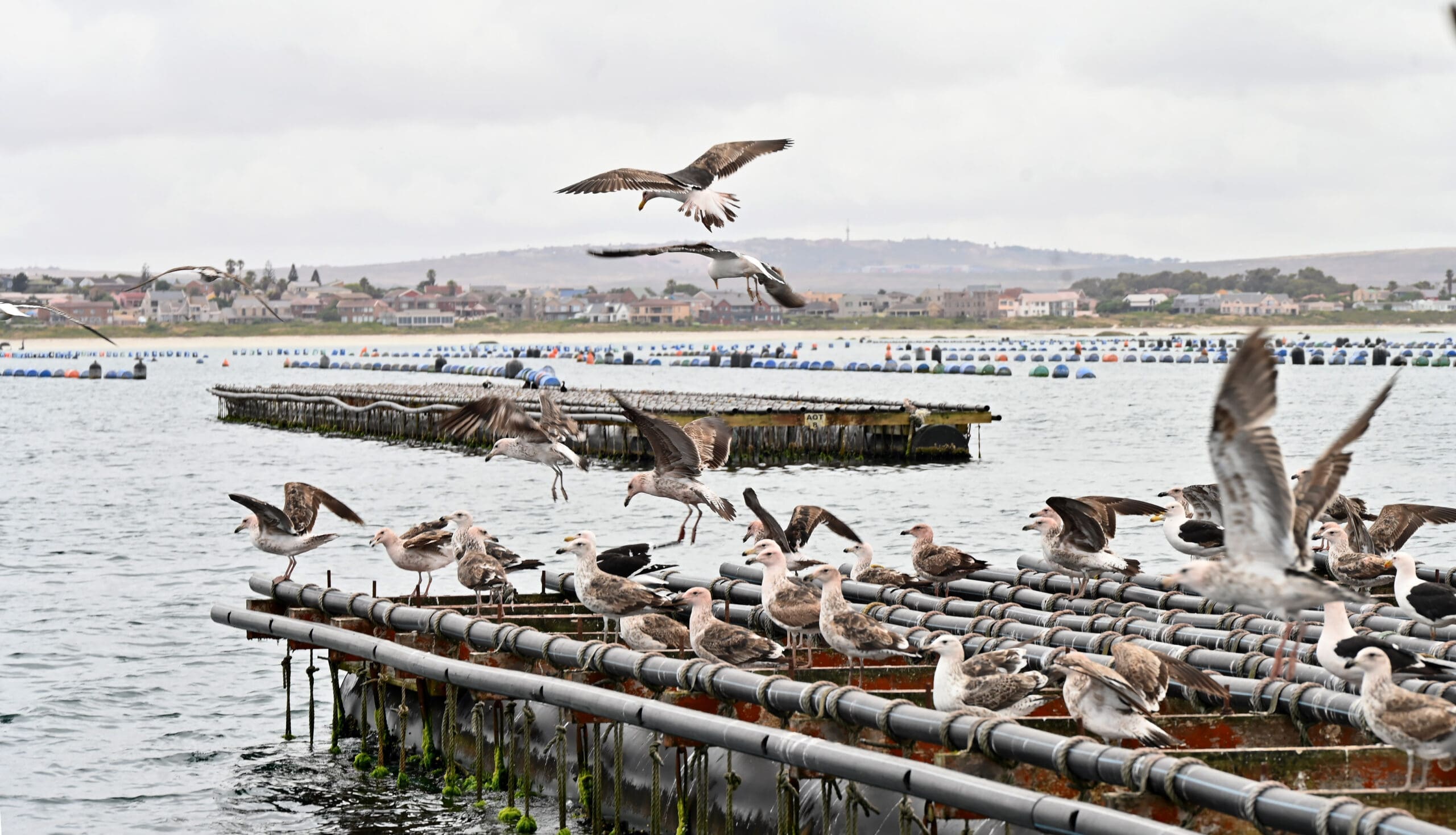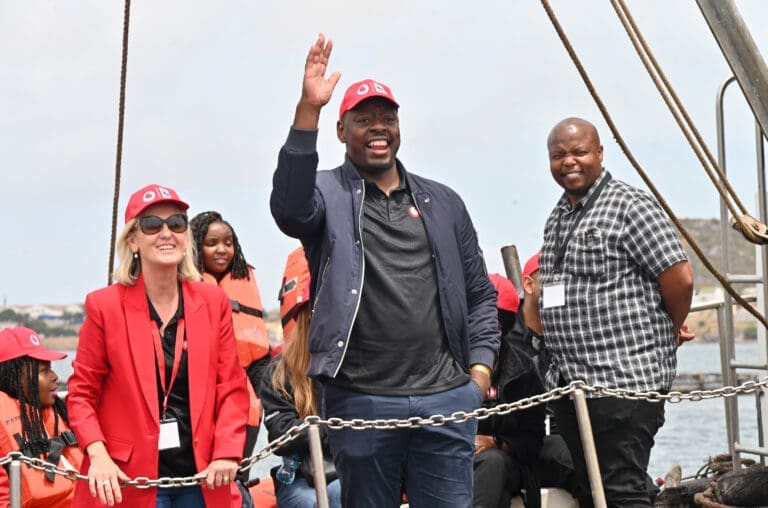Vodacom South Africa and the World Wide Fund for Nature (WWF) South Africa have joined forces to pilot an AI innovative solutions aimed at protecting marine mammals from entanglements.
“In South Africa, our coastal waters play a vital role in contributing to our socio-economic growth through industrial operations and tourism but also to our environment, hosting a diversity of species and minimising the adverse effects of climate change events,” Sitho Mdlalose, CEO at Vodacom South Africa, said.
“As part of our commitment to ensuring we have a healthy planet for generations to come and accelerating the Sustainable Development Goals set by the United Nations, Vodacom has been working with the WWF to help conserve this precious resource through our capabilities as a technology provider.
“Our long-standing partnership with the WWF showcases how we all can play a part in making a positive difference to our planet’s longevity while uplifting communities who are facing social, economic and climate change challenges. In working together, as the private sector, public sector, non-government organisations and individuals, we can create a better sustainable future for all,” concludes Mdlalose.”
The initiative is currently underway in Saldanha Bay on South Africa’s West Coast, where traditional fishing communities face challenges arising from overfishing, pollution, and climate change. In response, a sustainable alternative has emerged in the form of off-shore, rope-grown mussel farms. These farms not only offer a low-impact, protein-rich source of seafood but also contribute to employment and economic development.
Despite being green-listed, a potential concern is the entanglement of marine mammals, including whales.
To address this issue, Vodacom, in collaboration with WWF South Africa, has introduced a technological solution.


Leveraging cameras and hydrophones, the AI-based system can alert mussel farmers to the presence of whales in the Saldanha Bay Aquaculture Development Zone (SBADZ) and trigger the ADZ Incident and Emergency Response Protocol in the event of an entanglement.
WWF emphasises the crucial role of whales in maintaining the overall health of the marine environment, citing their ability to capture carbon from the atmosphere. With estimates suggesting that each great whale sequesters an average of 33 tons of CO2, these marine giants contribute significantly to the fight against climate change.
Despite decades of protection, six out of the 13 great whale species remain classified as endangered or vulnerable.
Beyond its primary function of preventing whale entanglements, the early warning system will also serve to collect scientific data by monitoring the movement of marine life. Additionally, it has the potential to reduce ship strikes for other marine creatures such as seals and dolphins. Once the pilot project in Saldanha Bay is concluded, the solution can be expanded to other coastal areas and fisheries.
This initiative builds upon the substantial role that digital technology already plays in the sustainable seafood supply chain and ocean stewardship. Vodacom’s collaboration with WWF in developing digital tools for the WWF Southern African Sustainable Seafood Initiative (WWF-SASSI) aims to drive ocean conservation, promote sustainable seafood consumption, and enhance ocean literacy.
An example of these efforts is the WWF-SASSI Fish ID digital platform, empowering consumers and seafood industry stakeholders to make informed choices, such as opting for farmed mussels on the SASSI green list.
This educational approach extends to young people, fostering environmental consciousness towards our oceans. The initiative includes an Early Childhood Development center and Secondary School in Saldanha Bay, now integrated into Vodacom’s education ecosystem.
Pavitray Pillay, WWF-SASSI Manager, WWF South Africa, adds: “Rope-grown mussels are a fantastic source of sustainable seafood. All efforts to ensure that this industry remains on our WWF-SASSI green list are to be welcomed. We are delighted that Vodacom has chosen to put the time, efforts and resources into this pilot project which has great potential to scale elsewhere in other Aquaculture Development Zones around the coast.”
